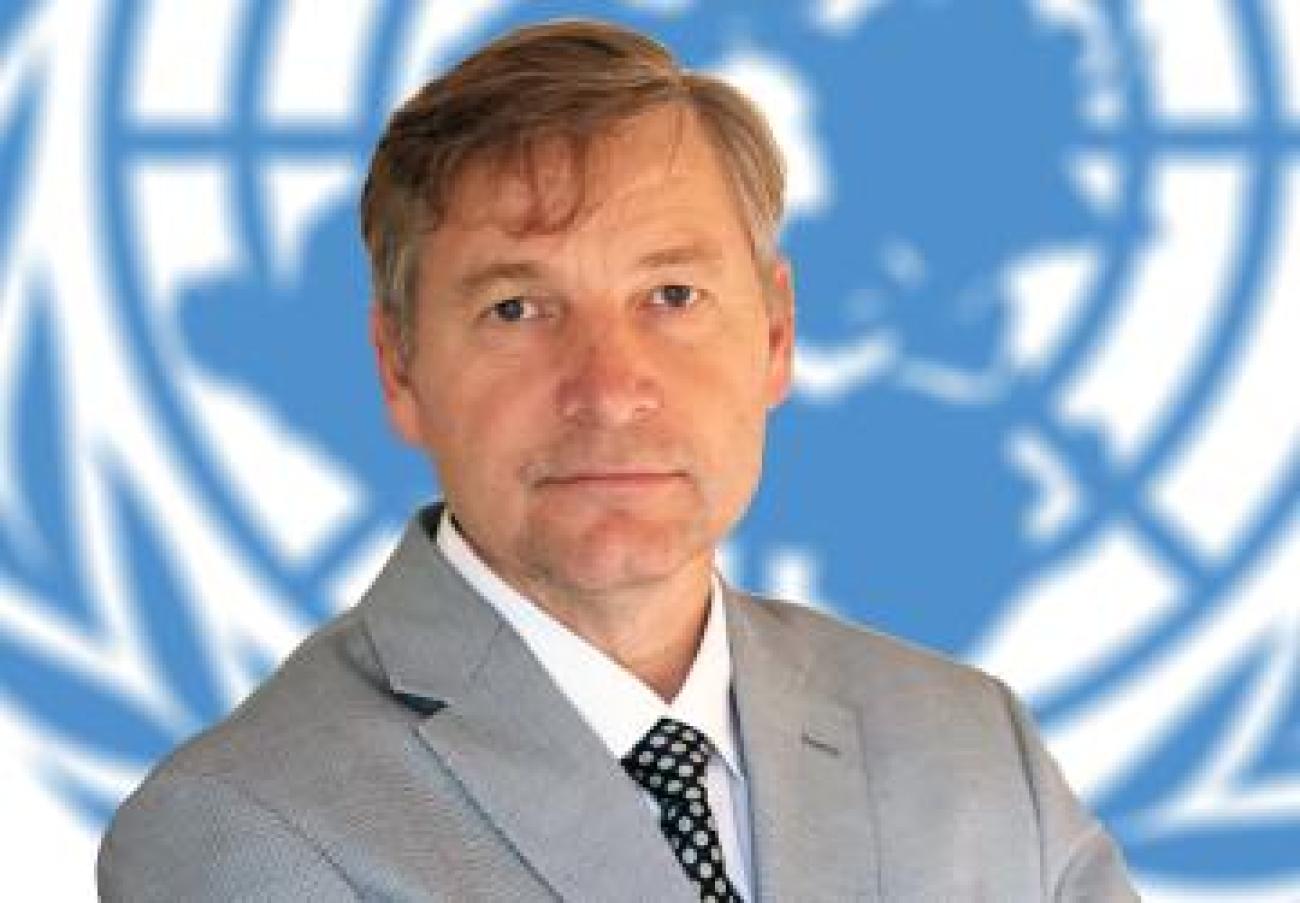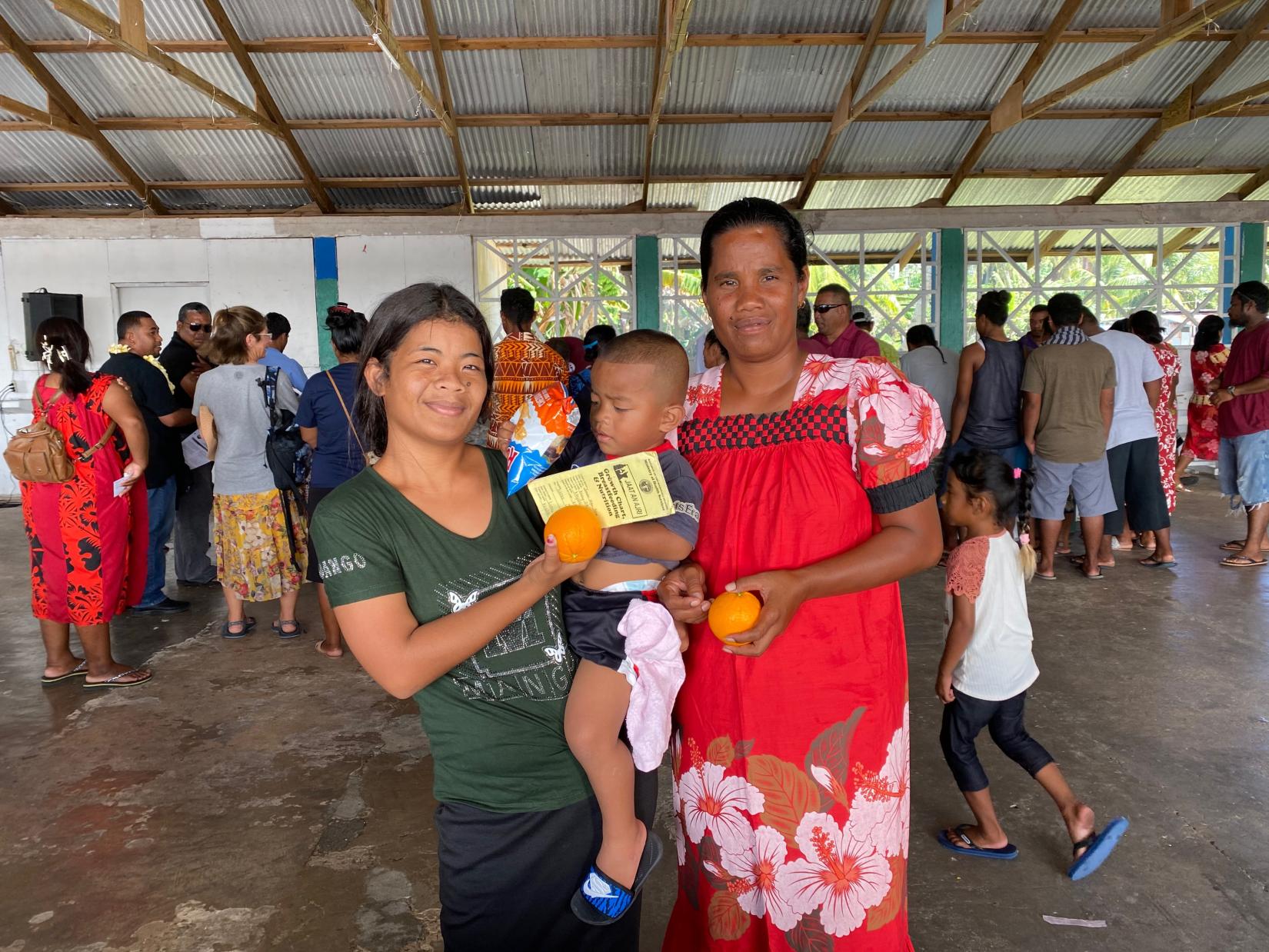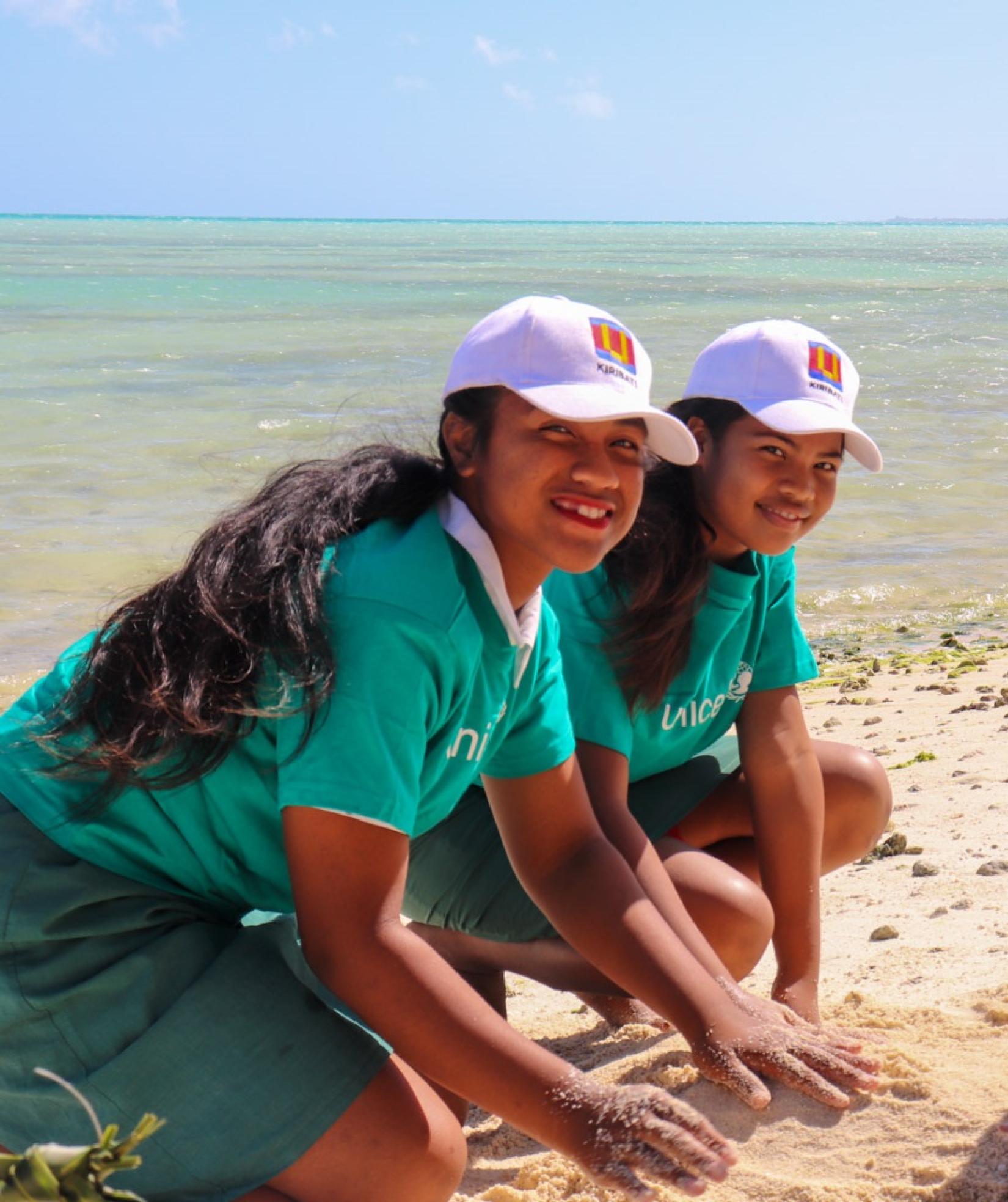Towards Gender Equality in Micronesia

Jaap van Hierden, UN Resident Coordinator Micronesia
The needles of gender equality in the Micronesia region have finally started moving. A region that until recently could not get the attention it deserved, where gender equality was not top of the agenda, SDGs remained stagnant for a long time, is now advancing towards the 2030 agenda. The recent announcement, regarding the development of a Gender Equality Framework by 2025, made by the Micronesian Islands Forum (MIF), a body consisting of heads of the state of Palau, FSM, RMI, Kiribati and Nauru, is a major step towards a joint pathway to achieve 2030 agenda and sustainable development across the entire Micronesian region. A game changer - I would call it - as it will leverage our shared development efforts and will have a positive impact on the entire Pacific region.
As the UN Resident Coordinator for Micronesia, I feel honored with the decisions made during the 21st Micronesian Presidents’ Summit. A summit where the heads of the state acknowledged the role of the UN and expressed their continued commitment towards gender equality, the 2030 agenda and the “One UN Micronesia House”, which will pave the way for the UN to enhance its local support to the host governments with gender-focused and inclusive development.
The gender equality and parity numbers for the Pacific including Micronesia require our immediate attention. Gender-based violence (GBV) rates in the Pacific are among the highest in the world, with up to 68 percent of women compared to the global average of 30 percent facing some form of physical violence in their lifetime. The GBV rates are alarmingly high in the Republic of Kiribati and the Republic of the Marshall Islands, 59 percent, and 48 percent respectively, which calls for more strategic and gender-focused reforms by all stakeholders. Leveraging avenues such as the Convention on the Elimination of all Forms of Discrimination Against Women (CEDAW) may help in achieving some quick wins, especially in Republic of Kiribati, the Republic of the Marshall Islands, and the Federated States of Micronesia.
Women and girls are a significant size of the population in Micronesia, however, least represented in the workforce, especially in digital and technology. Women's participation in the workforce is also mainly concentrated in the health and education sectors. Only in Palau, women hold 31 percent of managerial positions in science and technology. Enhancing their representation at all levels is key to sustainable development and winning the race. A race that cannot be won when half of the team is sitting outside.
Realizing the need for a more proactive approach towards gender equality and other development needs of the region, the Micronesian governments requested and lobbied for tailored support from the UN and other development partners. Though some of the UN agencies and development partners were already on the ground providing lifesaving support, capacity building, and disaster response, the need for a coordinated approach was always felt.

In 2021, the United Nations Secretary-General António Guterres appointed me as the Resident Coordinator for Micronesia, to join forces with the heads of the state to enhance efforts towards the 2030 agenda that among other developments would result in women empowerment, elimination of all forms of violence against women, girls, and marginalized groups, strengthening social protection, enabling gender equality, and ensuring human rights.
To deliver on our commitments, the UN closely worked with the government, civil society, and development partners to draw broader contours of our development approach, the UN Sustainable Development Cooperation Framework 2023-2027. The UNSDCF is signed and endorsed by all 14 Pacific countries including the five Micronesian countries and serves as a testimony of the strong partnership between the host governments and the UN. Over the next five years, the UNSDCF will help to leverage our development work in the four interlinked areas: Planet, People, Prosperity, and Peace, to ensure that no one is left behind, that people are equal and free to exercise their fundamental rights, to promote gender equality and peace, and to enable nations and their communities to become resilient to existential threats allowing them to live in harmony within the blue continent.

We are working on the country implementation plans to align our actions with the development priorities within each of the five Micronesian countries. We take it as an opportunity to support governments in making inclusive, gender-focused, and evidence-based actions to make sure women, girls and marginalized groups remain top of the agenda in every aspect of development.
The UN family will continue to provide support through its global exposure and expertise, leveraging and developing linkages in the region and introducing innovations in each sector to modernize systems and ensure a sustainable future. A future that defeats climate change, eliminates gender-based violence, enables healthy communities, and ensures that Micronesian children particularly girls are well-educated with well-paying jobs available to them locally. A future that protects human rights and free speech for all. A future that will increase women's participation in the economy, politics, and policymaking.
In doing so, the United Nations supports the efforts of the governments of the Republic of Palau, the Federated States of Micronesia, the Republic of the Marshall Islands, the Republic of Nauru, and the Republic of Kiribati in ensuring that the fruits of development will benefit all its citizens.
Jaap van Hierden
About the author:
The author is the Resident Coordinator for the United Nations in Palau, Federated States of Micronesia, Republic of Marshall Islands, Nauru, Kiribati. As the designated representative of the UN Secretary-General in Micronesia, the UN Resident Coordinator guides UN’s engagement in development, humanitarian, and peacebuilding activities in five Micronesian countries.


















